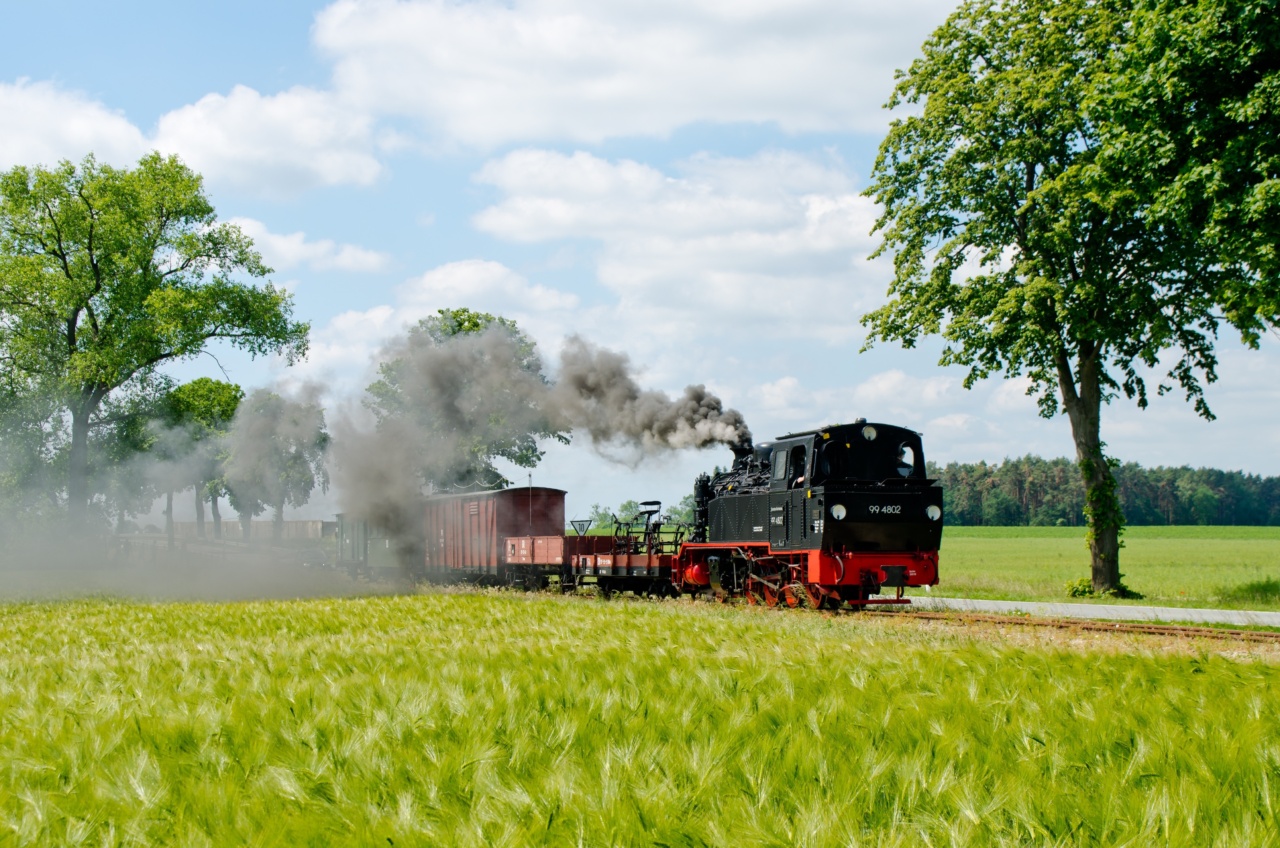When it comes to decision-making, some people tend to get carried away by their past experiences, while others live in the present moment. Both approaches have their merits and drawbacks.
Are you someone who constantly dwells on past events or mistakes, or do you embrace the here and now? In this article, we will explore the significance of living in the present and the potential pitfalls of being stuck in the past. Moreover, we will discuss the factors that drive our decisions and how they impact our overall well-being.
The Power of Living in the Present
Living in the present involves being fully engaged with what is happening at this very moment. It means being mindful and aware of our thoughts, emotions, and actions in the present rather than ruminating about the past or worrying about the future.
One of the primary benefits of living in the present is that it allows us to fully experience and appreciate each moment. Life becomes richer and more meaningful as we savor the here and now.
When we focus on the present, we engage in activities with greater enthusiasm and concentration, leading to enhanced productivity and satisfaction.
Furthermore, practicing mindfulness and living in the present can significantly reduce stress and anxiety levels. Dwelling on past regrets or worrying about the future only serves to increase our stress levels and brings unnecessary suffering.
By staying present, we can break free from the cycle of negative thoughts and find peace of mind.
The Dangers of Being Stuck in the Past
While reflecting on past experiences can provide valuable lessons, dwelling on them excessively can hinder personal growth and rob us of the present moment.
Being stuck in the past can lead to feelings of regret, shame, and resentment, preventing us from moving forward and living a fulfilling life.
Constantly replaying past events in our minds can also generate feelings of anxiety and depression.
We may become trapped in a cycle of “what ifs” and “should haves,” hindering our ability to make sound decisions and find happiness in the present.
Another danger of living in the past is that it can lead to an inaccurate perception of reality. Our memories can be distorted or biased, preventing us from seeing the current situation as it truly is.
This can hinder our ability to make wise choices and maintain healthy relationships.
Influences on Decision-Making
Our decisions are influenced by multiple factors, including our values, beliefs, emotions, and external influences. Understanding these drivers can help us gain insight into the reasons behind our choices and potentially make more conscious decisions.
Values and Beliefs
Personal values and beliefs shape our decision-making process. Our values represent what we consider important and guide our behavior. For example, if you value honesty, you are more likely to make decisions that prioritize truthfulness and integrity.
Beliefs, on the other hand, are the assumptions or convictions we hold about the world around us. They influence our perception of reality and ultimately impact the decisions we make.
If you believe in the importance of education, you are likely to prioritize studying or investing in learning opportunities.
Emotions
Emotions play a crucial role in decision-making. Our emotions can color our perception of a situation and influence the choices we make. For example, if we are feeling angry, we may be more inclined to make impulsive decisions based on that emotion.
Recognizing and managing our emotions can lead to wiser decision-making.
External Influences
External influences, such as societal norms, culture, family, and friends, can significantly impact our decision-making process. We are often influenced by the opinions and expectations of others, consciously or unconsciously.
Becoming aware of these influences can help us evaluate whether our decisions align with our personal values and goals.
Factors Affecting Decision-Making and Well-being
Our decision-making process and the choices we make have a profound impact on our overall well-being. Our ability to make conscious decisions that align with our values and prioritize our well-being can lead to a more fulfilling and satisfying life.
Conversely, making decisions based on fear, societal pressure, or past regrets can result in unhappiness and regret.
Living in the present moment and making decisions based on our current values and goals can foster personal growth and resilience. It allows us to adapt to changing circumstances and make choices that contribute to our long-term well-being.
On the other hand, getting stuck in the past and making decisions influenced by previous experiences can lead to missed opportunities and stagnation. It prevents us from fully embracing the present and embracing new possibilities.
Conclusion
Living in the present and making decisions based on our current values and goals is essential for personal growth and fulfillment.
While reflecting on the past can provide valuable insights, dwelling on it excessively hinders our ability to live in the present and make conscious choices that align with our well-being. By understanding the factors that drive our decisions, such as values, beliefs, emotions, and external influences, we can gain clarity and make choices that contribute to our overall happiness and satisfaction.





























